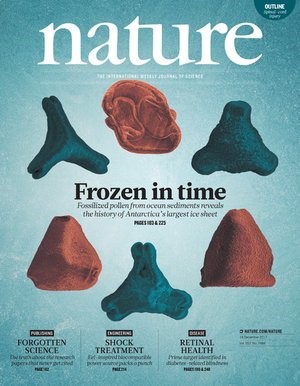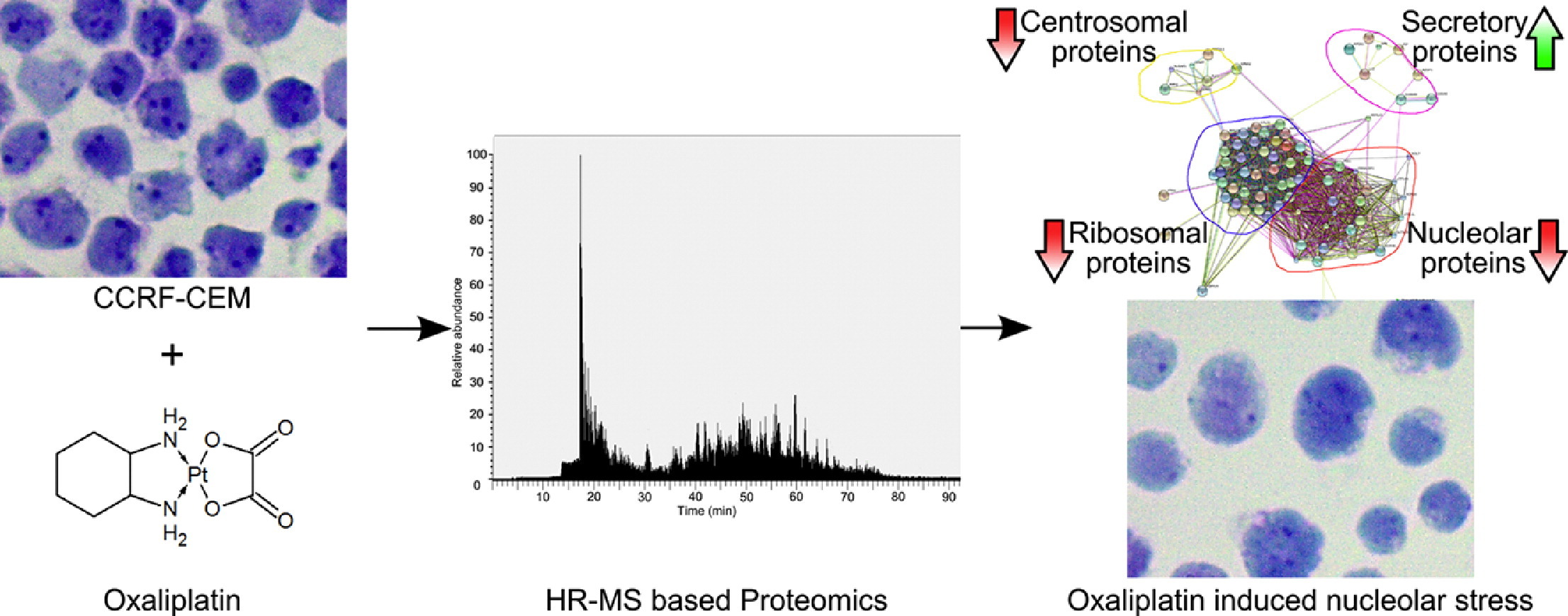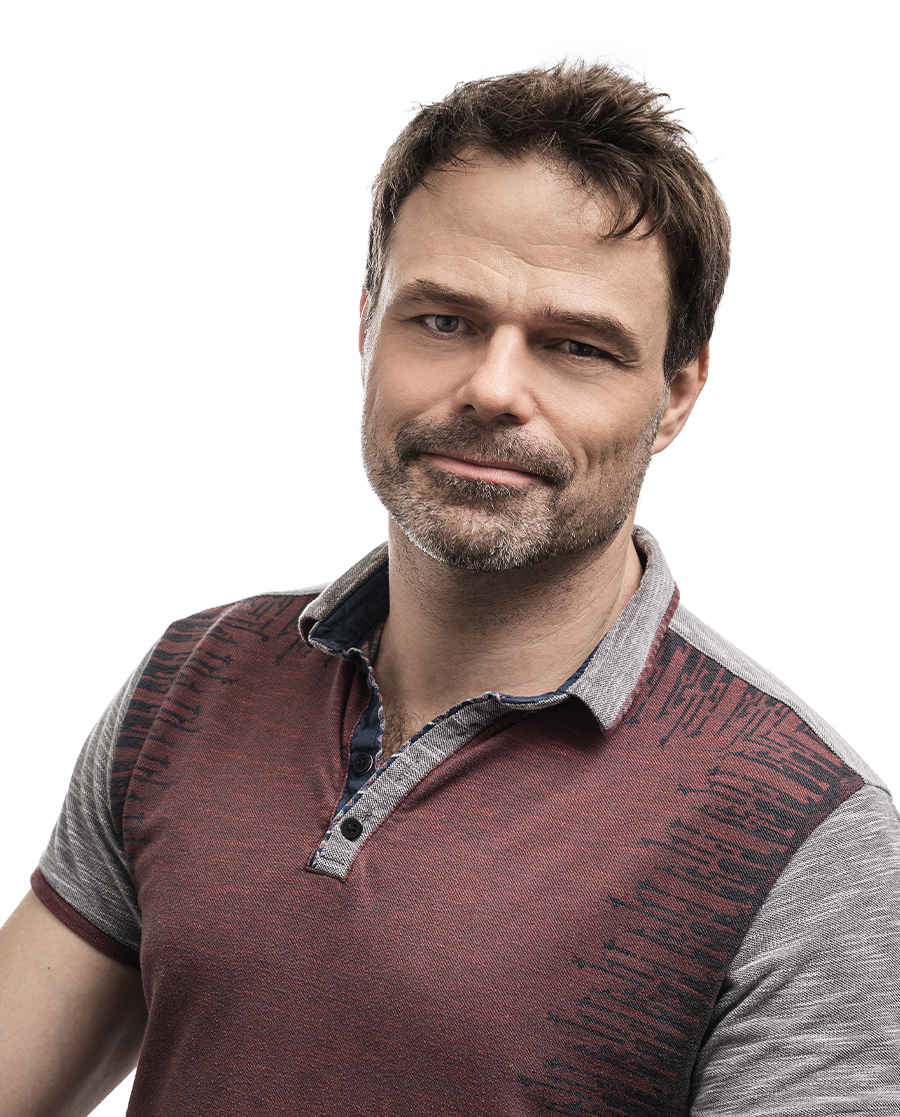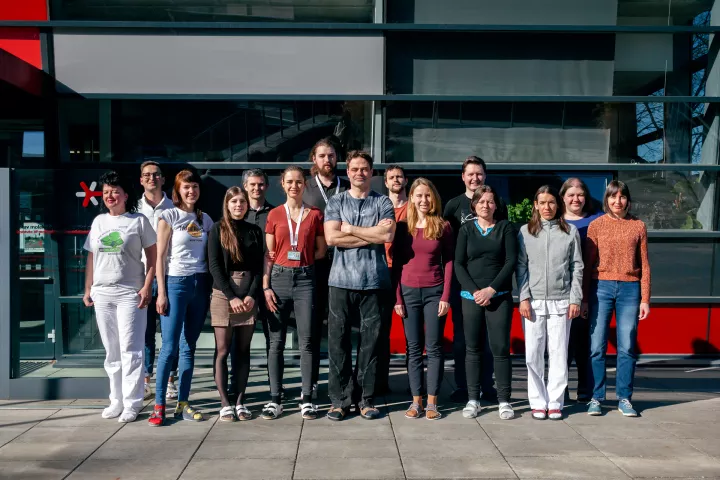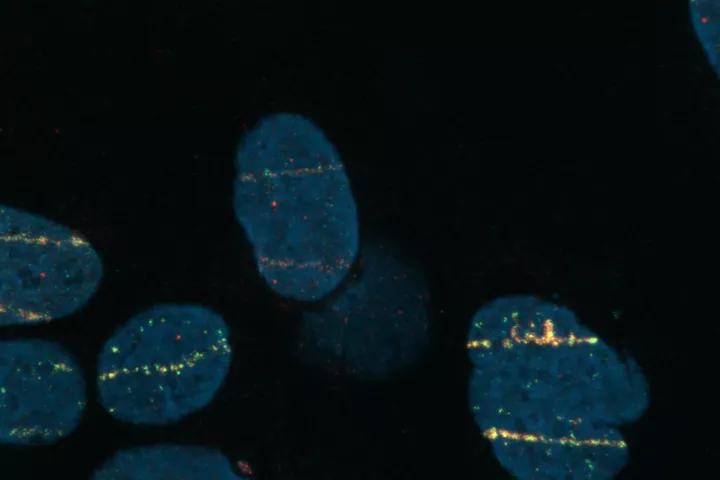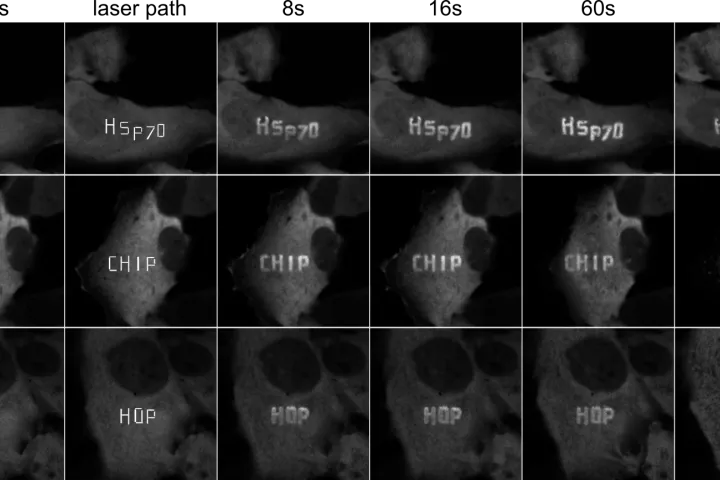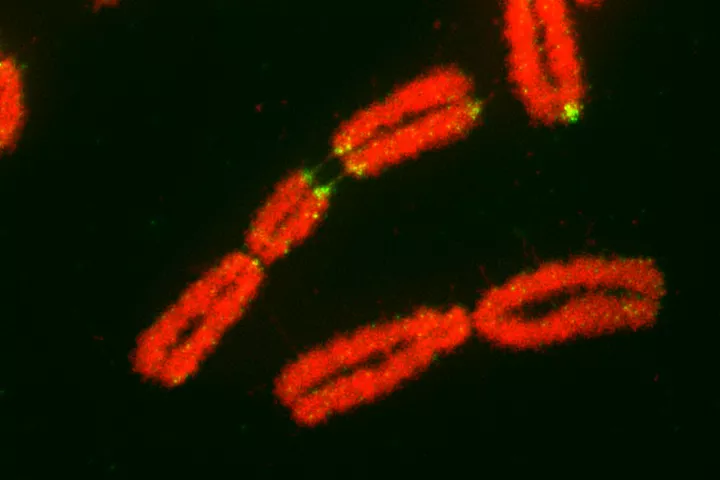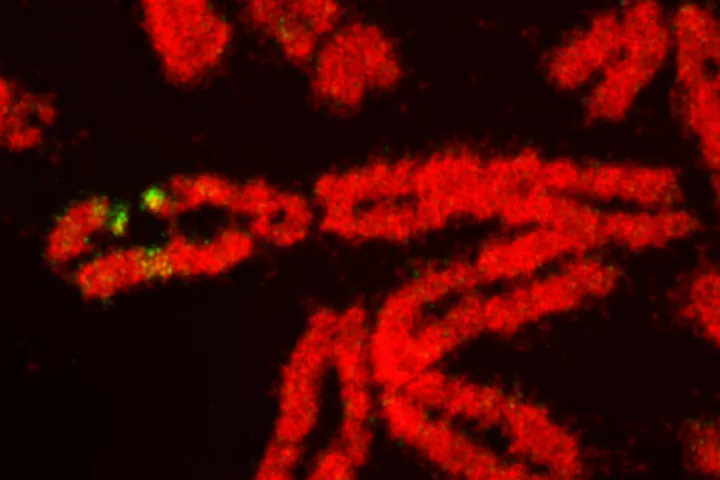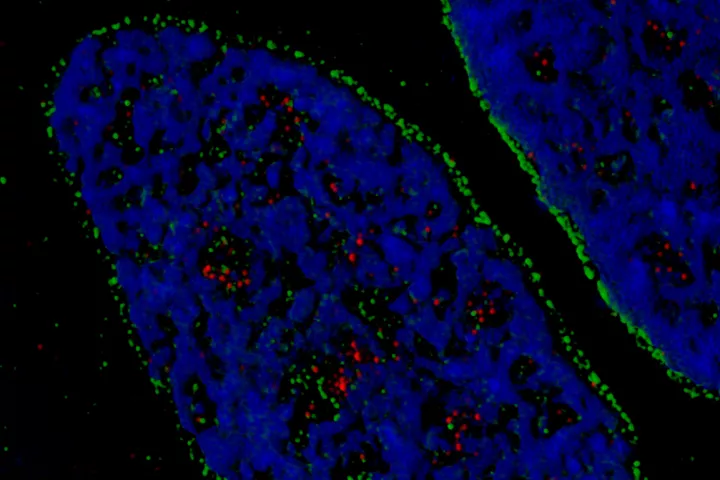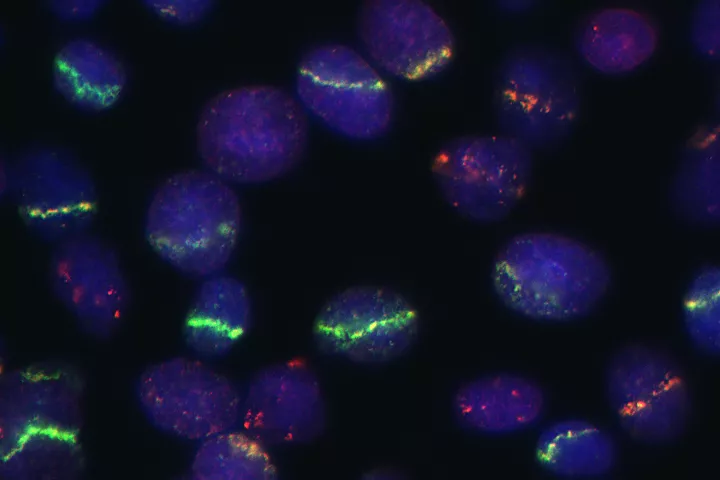
Laboratory of Genome Integrity
Research at the Laboratory of Integrative Genomics (LIG) centers on elucidating the molecular mechanisms governing DNA damage response and cellular stress pathways. These pathways are activated by a myriad of factors including, but not limited to, erroneous DNA replication, proteotoxicity, mechanical strain, and oxidative damage. Such pathways are pivotal for the sustenance of cancer cells and play a crucial role in conferring therapeutic resistance.
Our investigatory focus encompasses a wide range of cancer-specific hallmarks, such as heightened levels of DNA damage concomitant with mutational burden, challenges in DNA replication fidelity, accumulation of misfolded or dysfunctional proteins, free radical generation, nutrient scarcity, and hypoxic conditions. Through our specialized methods and domain expertise, we aim to directly interrogate and target these stress pathways within the cancer cellular milieu.
The implications of our research are manifold. They extend from the discovery of novel predictive markers to the optimization of existing anticancer regimens and the identification of innovative therapeutic targets. To achieve these aims, the laboratory is segmented into two primary research arms:
The "Cellular Stress" group, headed by Dr. Martin Mistrik, focuses on deciphering the complexities of cellular stress responses and their roles in cancer pathology.
The "DNA Replication Dynamics" group, under the direction of Dr. Pavel Moudry, specializes in exploring the intricacies of DNA replication processes, specifically in the context of malignancies.
The "Proteotoxic Stress" junior group, led by Dr. Zdeněk Škrott, investigates the molecular mechanisms by which protein damage, misfolding, and aggregation drive disease processes such as cancer — with the goal of identifying new therapeutic targets and strategies.
- DNA damage and repair and genomic instability
- Proteotoxic stress and proteostasis
- Mechanical stress
- Oncogenic and free radicals stress
- DNA replication and replication stress
- PARP enzyme and its targeting
| Projekt: | DNA replication in human pathophysiology |
|---|---|
| Vedoucí: | Moudrý Pavel Ph.D. |
| K dispozici: | 1 |
| Určeno pro: | Doktorské studium |
| Souhrn: | 1 full-time position |
| Projekt: | Cellular stress in health and disease |
|---|---|
| Vedoucí: | Mistrík Martin Ph.D., Moudrý Pavel Ph.D., Škrott Zdeněk Ph.D. |
| K dispozici: | 3 |
| Určeno pro: | Doktorské studium |

